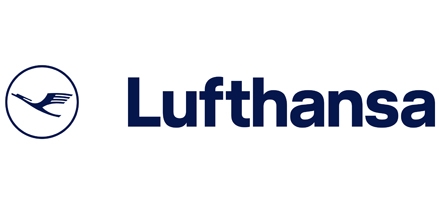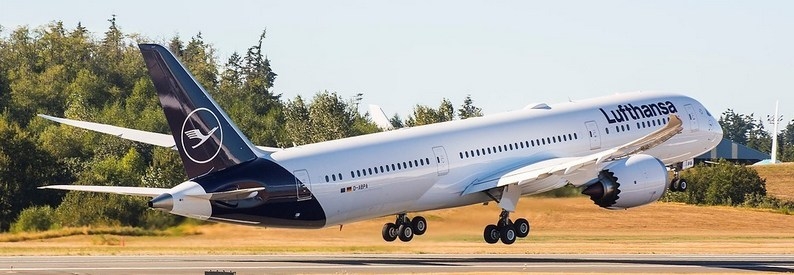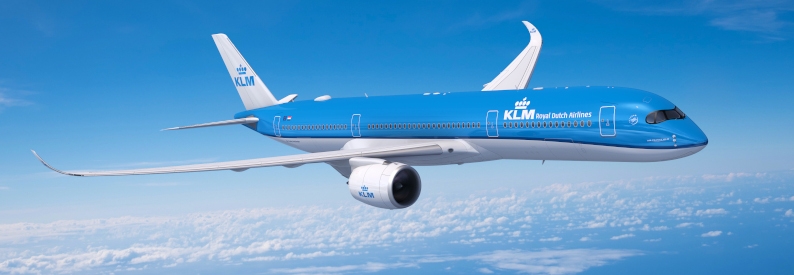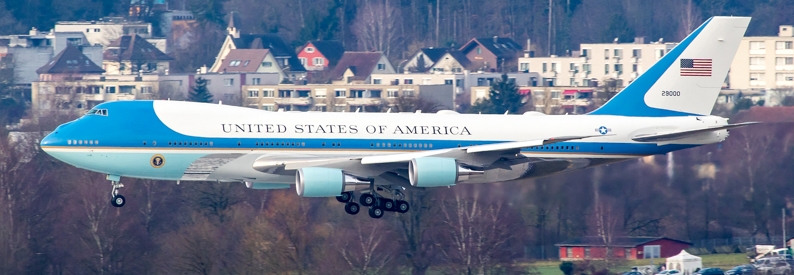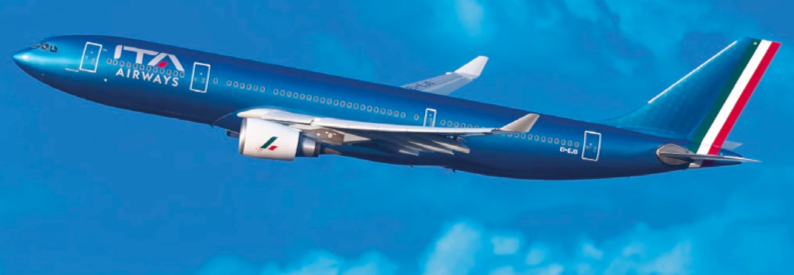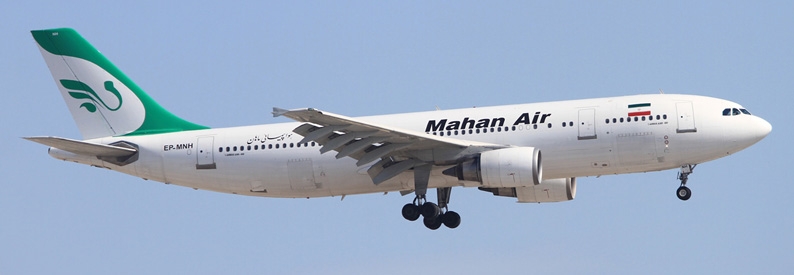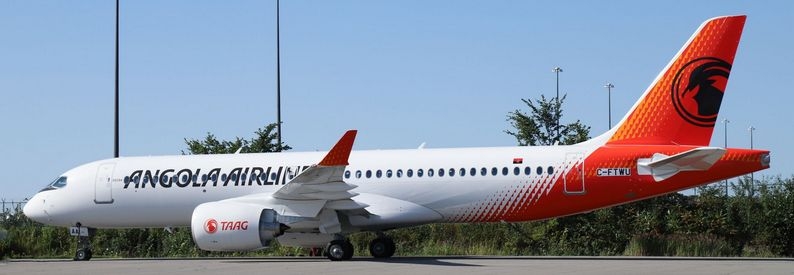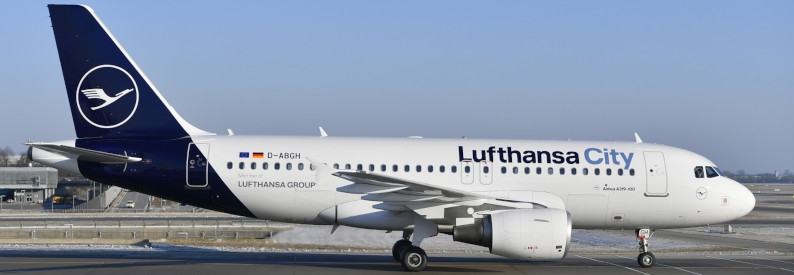As was widely anticipated, Lufthansa (LH, Frankfurt International) has announced a capital increase that is expected to raise EUR2.14 billion euros (USD2.5 billion), with the aim of repaying part of last year’s EUR9 billion state bailout designed to counter the effects of the coronavirus on air travel demand.
The company’s current share capital of just over EUR1.53 billion, divided into 597,742,822 shares, will be increased by issuing 597,742,822 new shares during a subscription period running from September 22 to October 5, Lufthansa outlined in statements released on Sunday, September 19.
It “intends to fully repay” by the end of 2021 two tranches of silent participation the state provided in the bailout, which resulted in Germany’s Economic Stabilisation Fund (ESF) taking a 20% stake in the group thereby diluting existing shareholders’ participation. That stake has since been reduced to 15.94% in a previously announced steady divestment.
“The stabilisation package agreed with the ESF has enabled Lufthansa to protect the jobs of more than 100,000 employees. We have always made it clear that we will only retain the package for as long as it is necessary. We [...] can now deliver on our promise and repay the measures faster than originally expected. We can now fully focus on the further transformation of Lufthansa Group,” CEO Carsten Spohr explained.
Lufthansa said that the global rollout of vaccinations “supports customers’ confidence to fly and facilitates the further lifting of travel restrictions” so that based on the group’s operating performance in July and August, earnings before interest and taxes in the third quarter are expected to be positive.
Capacity offered by the group’s airlines - including Air Dolomiti, Austrian Airlines, Brussels Airlines, Eurowings, and Swiss - “has returned to more than half of pre-crisis levels, with load factors exceeding 70% in August,” it added.
Reports as recently as June suggested that Lufthansa was planning a larger capital increase of EUR3 billion (USD3.51 billion), and Finance Minister Olaf Scholz told Reuters at the time that the German government was considering participating in the measure. Since then, Vice Chancellor Scholz and his Social Democratic Party of Germany have gained momentum as elections approach on September 26, which are likely to be followed by months of coalition talks. The party has hinted that it would like the state to hold on to its Lufthansa stake for longer. Spohr on the other hand stressed last week that “we’d rather owe our debt to the financial markets than to the taxpayer.”
Lufthansa also reiterated on September 19 that it forecasts adjusted free cash flow of around EUR2 billion (USD2.34 billion) per year in 2023 and 2024 while continuing to modernise its fleet. It expects to take delivery of “up to around 30 new aircraft per annum going forward” with more than half of the future fleet additions being leased. This will contribute to capital expenditures corresponding to around EUR2.5 billion (USD2.93 billion) per year in 2023 and 2024.
Fleet modernisation, achieved through an “expansion of leasing,” will “support strong capital returns and cash flows” as the “addition of new-generation aircraft drives cost and fuel efficiencies,” Lufthansa said. More than half of future aircraft acquisitions are to be “financed through lease structures” including one A350-900 lease concluded in summer 2020, two B777Fs, two A321-200(P2F)s, and four more A350 leases currently “in advanced negotiations.” According to the ch-aviation Commercial Aviation Aircraft Data module, just eight of Lufthansa’s fleet of 279 aircraft are currently leased.
- Type
- Base
- Aircraft
- Destinations
- Routes
- Daily Flights
